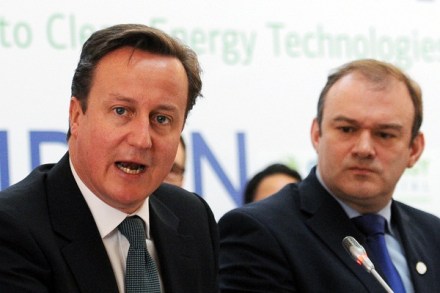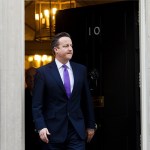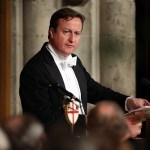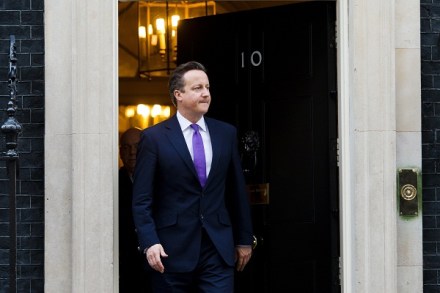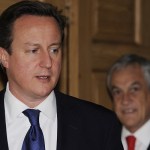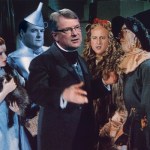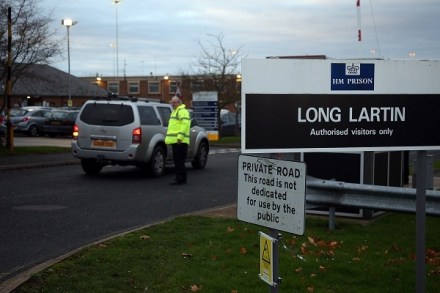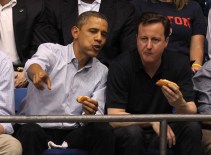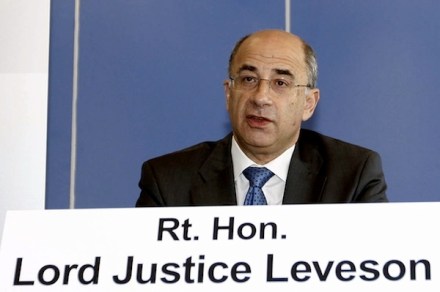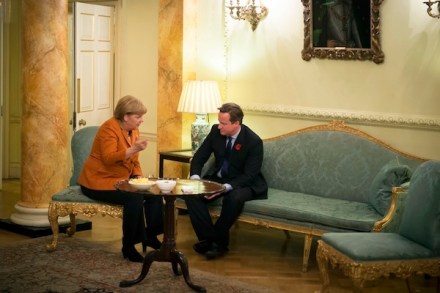The politics of energy
When David Cameron made his surprise announcement about forcing energy companies to offer customers their cheapest deal, he added, as an afterthought, that the leader of the opposition had missed the chance to be on the side of the consumer when he was energy secretary. I would be surprised if the average voter knows that Miliband was energy secretary; but, from Cameron’s perspective, the line of attack makes sense: energy prices and the cost of living are vital political issues for this government. The government, then, will be thrilled that Energy Secretary Ed Davey’s plans (which appear to be based largely on Ofgem’s recent ideas about simplifying tariffs: Davey will
